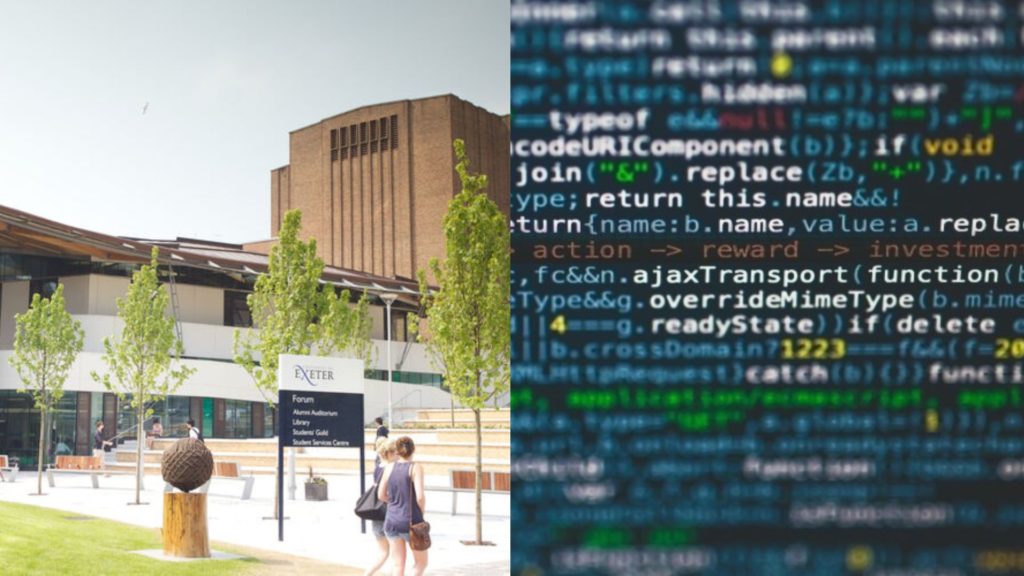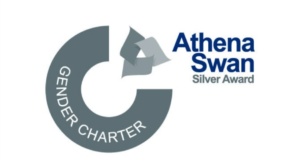Exeter joins QS Responsible AI Consortium

The University of Exeter has joined a pioneering initiative to realise the potential of AI for the public good.
Exeter is the first official member of the Responsible AI Consortium, launched by QS in collaboration with EDHEC Business School, Imperial College Business School and Luiss Business School.
The Consortium offers universities and business schools worldwide a forum for integrating and advancing AI in higher education.
Through collaborative research, project-based learning, and innovative AI pilot programs, the Consortium will advance the responsible use of AI and prepare graduates for the modern world of work.
Professor Tim Quine, Vice-President (Education & Student Experience) at the University of Exeter, said: “We are committed to shaping a future where artificial intelligence serves people, planet, and society.
“Joining the Responsible AI Consortium reflects our ambition to lead in the ethical development and deployment of artificial intelligence, ensuring that innovation is guided by responsibility, inclusivity, and sustainability.
“We look forward to working collaboratively across disciplines and sectors to help realise the full potential of AI for the public good and preparing our graduates to thrive in and shape the modern world of work.”
The Responsible AI Consortium is an essential part of Exeter’s drive to embed AI into its operations, research, and learning and teaching activities, and is in line with the University’s Strategy 2030 and commitment to innovation, sustainability and ethical practice.
It comes as the University gets ready to launch Enabling AI at Exeter, an initiative that will give staff and students access to a suite of information and resources – including its Enabling AI Strategy, Policy, Information Classification Scheme and AI Catalogue – that will help the University community to explore AI with confidence.
The Responsible AI Consortium is among a number of partnerships and engagements between the University and the Higher Education analyst QS including the Future 17 programme, where teams of students from universities around the world tackle real-world challenge projects aligned with the UN’s Sustainable Development Goals, enabling them to develop valuable career and life skills.
The University has also collaborated with QS on the QS ImpACT Skills Challenge, which sets teams of students from more than 50 universities across the world the task of designing video games and AI solutions that bring to life the UN’s Sustainable Development Goals.



